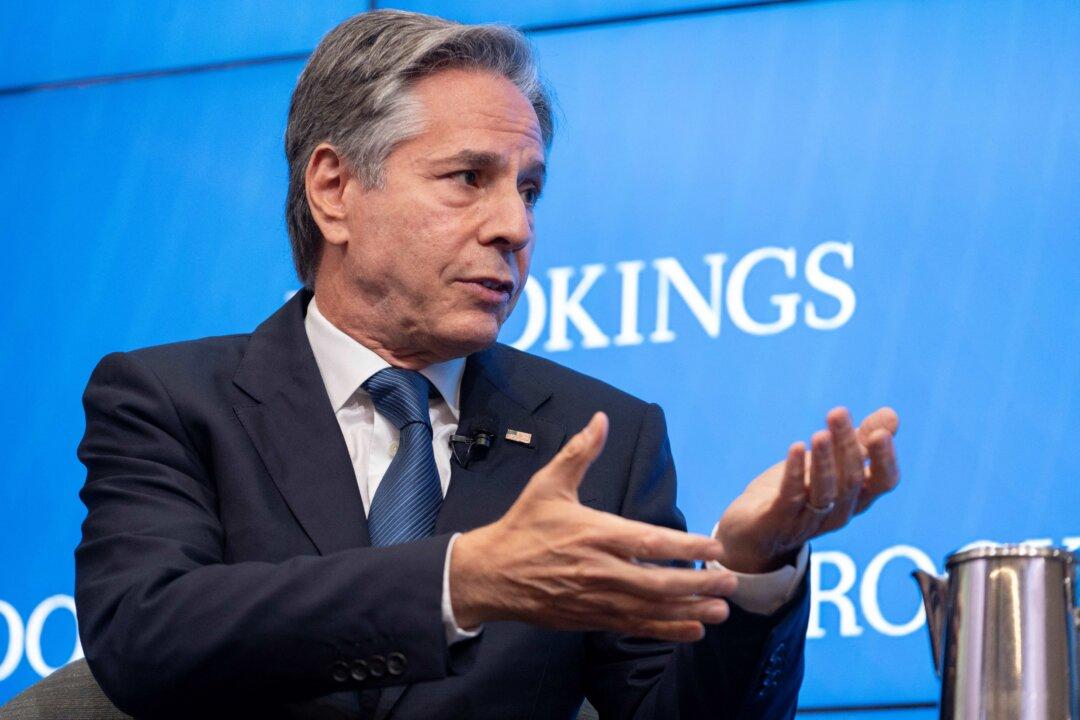Israel and Hamas are close to signing off on a cease-fire deal proposed by the Biden administration, U.S. Secretary of State Antony Blinken said Friday.
During a July 19 talk at the Aspen Institute think tank, Mr. Blinken said that a proposed Israel–Hamas cease-fire deal was “in the 10-yard line” and could be ratified by both sides soon.




